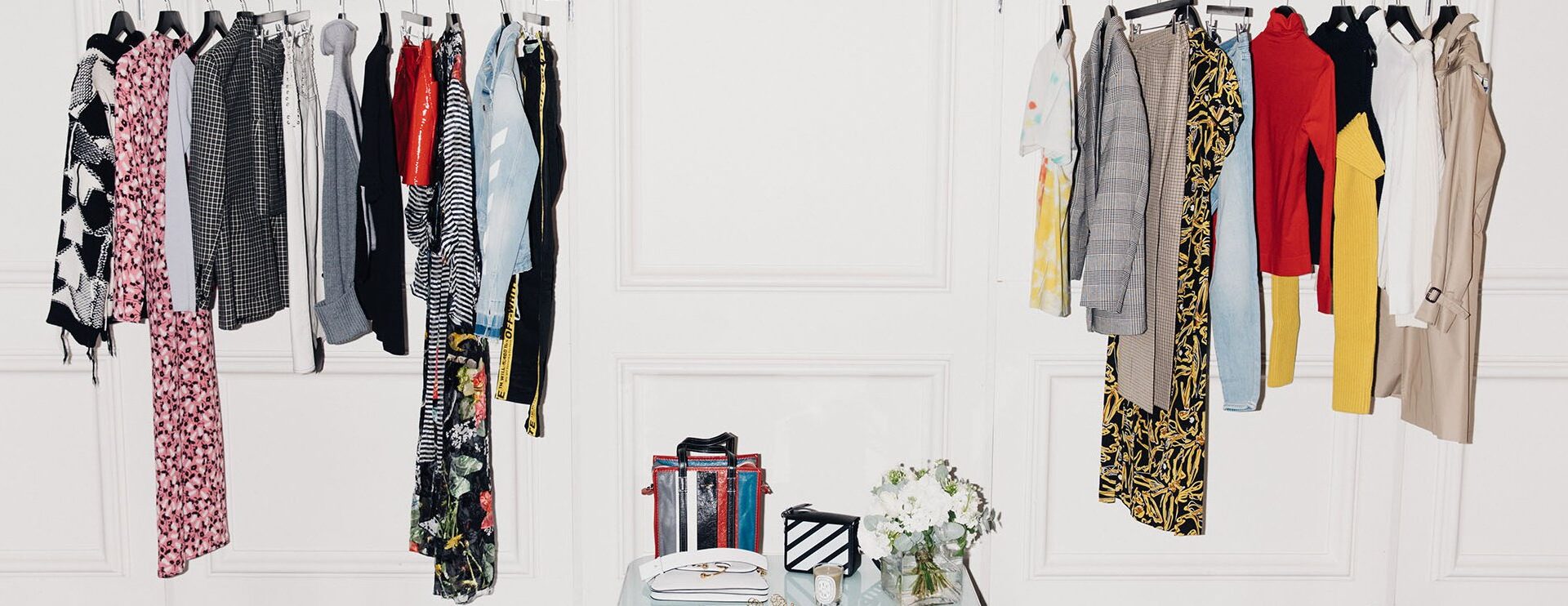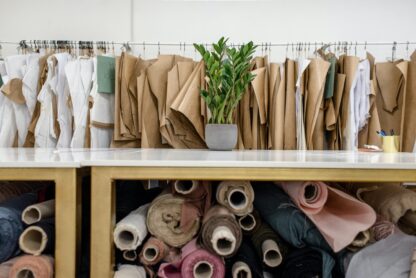Life is made of decisions that are planned until a certain point. From nursery to high school, everything is pretty linear. It is only after that the first occasions to make choices appear. And often, the first decision revolves around your professional path.
The desire to work in fashion can show itself at different phases of one’s life.
You have people that know it since high school, while some understand it during their studies and others who just end up working in fashion by a happy coincidence.
It’s often at the moment to choose your academic path that doubt comes in. And if you already know you want to work in fashion, you will wonder if it’s better to specialise in the sector from the beginning. Doubt also knocks on the door of who has already completed their studies but ponder the validity of specialising in fashion to be able to work for an important company.
That is why we decided to guide you through making your decision to studying fashion or not to work in the industry.
‘Do I need to study fashion to work in a fashion company?’ That’s a question every aspiring fashion professional has. And the answer is yes and no.
Let me dispel right now the myth that graduating from a fashion school is a requisite to work in that field. Indeed, most of fashion professionals have a background that doesn’t necessarily include a master in fashion. You can have a look at our interview series to confirm that in reality, most of insiders don’t have a degree in fashion.
I answered yes and no to the main question of that article – that is do you need to study fashion to work in the industry – because everything depends on the field you want to work in.
If you have the intention to go for a creative career, then it is necessary to take a fashion class because no literature, languages, communications or economy course will teach how to make technical sketches. Designer, modelist, tailor and photographer are all professions that require following a specific course. Nothing prevents you from taking more ‘generic’ classes at uni and combine them with a specific course in the stream of fashion you are interested in.
It’s the end of your Bachelor degree in economy and you suddenly realise that you want to become a stylist? No worries, you can still start a styling course. Having a more ‘generic’ academic path is a great option if you’re not sure fashion is for you. Like that if after a couple of years you realise it’s not made for you, you can change career without asking yourself what to do now.
For all non-creative roles involving departments like communications, PR, merchandising, buying, digital, e-commerce, finance, marketing, project management and editorial, it is not a requisite to have a degree in fashion.
Many friends who work in fashion and did a fashion a school admitted that if they had the choice they wouldn’t re-do a fashion school but instead would go to university.
Most of them chose to do a Bachelor degree in fashion school rather than going to university because of the misconception that you need to go to a fashion school to work in the best companies of the sector. The basics you learn at an Economy course are compatible with merchandiser, buyer and marketer roles. As for media, literature and languages studies, they will help you get a job in PR, editorial and communications.
Another myth to dispel? Doing a master in Fashion Management while having a language degree won’t make it easier for you. For a marketing role, hiring managers will prefer someone with a degree in economy and a master in the industry. Though a master in fashion will give you more points, a lot of roles in the sector include having a great affinity with numbers that is why a candidate with a degree in economics will be favoured.
Nonetheless, the added value of a fashion school in comparison with a university is the network. In a fashion school, all teachers are fashion professionals in function so it’s easier to get into a fashion company during or at the end of a course. It is something that doesn’t happen that easily in a university. A lot of fashion schools have relationships with fashion companies, so that could help you getting placed where you want more easily.
On the other hand, having a degree in economy is great but, if some university have some contacts with fashion companies (especially if yours is in cities like Milan, Paris or London where all the main fashion brands have their HQ) they are not entitled to benefit you finding a job in fashion.
In the end, the fashion world is really dynamic. The more you advance in your career, the less your academic background will count. What will count will be your working experience. Not all CEOs graduated with an economy degree, so everything depends on the experiences you’ll have.
If you have the possibility to do an internship in a fashion company during your time at university it will mean you’ll add professional experience to your CV. It will help you getting into fashion more easily and you’ll end up having the same opportunities as people that came out from a fashion school.









